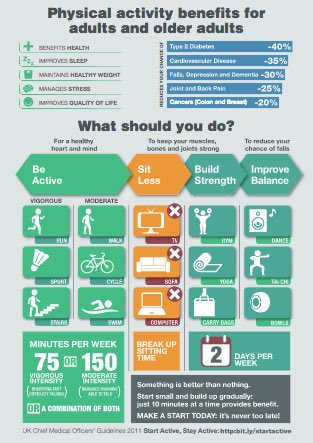You can now add Healthify as a preferred source on Google. Click here to see us when you search Google.
Yoga – the proven health benefits
Key points about the proven health benefits of yoga
- From downward dog to tree pose and everything in between, the ancient practice of yoga has many health benefits – some of which may surprise you.
- Practising yoga regularly provides physical and mental benefits to people of all ages.
- Many of those benefits have been scientifically proven over the years.
- There are many different types of yoga, and the great thing is that you don’t need any experience to give it a try.

1. Increases mindfulness
Yoga is a form of meditation in action and requires you to be fully immersed in the present moment. Being present in the moment contributes to feelings of mindfulness and improves feelings of wellbeing.
2. Improves mental health
Yoga is also known for being relaxing and easing stress. It can help improve mental health by reducing symptoms of depression, stress and anxiety because it decreases the levels of the stress hormone cortisol.
3. Improves sleep quality
Yoga is relaxing and studies show that incorporating yoga into your routine can help promote better sleep.
4. Increases strength, balance and flexibility
Research has shown that yoga can improve balance and flexibility. Research also shows it increases strength. Yoga also improves your posture.
5. Reduces back pain
Yoga is great for back pain as it focuses on stretching and realigning the body. The American College of Physicians recommends yoga as a first-line treatment for chronic lower back pain.
6. Improves heart health
Yoga may help improve heart health and reduce several risk factors for heart disease, eg, high blood pressure. It improves circulation and reduces levels of stress and body-wide inflammation, which contributes to a healthier heart.
7. Improves breathing
Most types of yoga incorporate pranayama or yogic breathing, which focuses on controlling the breath through breathing exercises. Yogic breathing exercises can help improve breathing and lung function.
8. Relieves symptoms of migraines
Increasing evidence shows that yoga, alone or in combination with conventional care, could help reduce migraine intensity and frequency.
If you’re starting yoga for the first time, join a class for beginners under the guidance of a qualified instructor to avoid injuries. If you have any concerns about any aspect of your health, please consult your GP or healthcare provider.
9 Benefits of Yoga(external link) John Hopkins Medicine, US
Yoga benefits beyond the mat(external link) Harvard Health Publishing, US
The health benefits of yoga(external link) WebMD
What are the health benefits of yoga?(external link) Medical News Today, US
Resources
Physical activity benefits for adults and older adults(external link) GOV UK, 2011
Physical activity for older people (65+)(external link) Ministry of Health, NZ, 2013
Physical activity for early years (birth – 5 years)(external link) GOV UK, 2011
Physical activity for children and young people (5 — 18 years)(external link) GOV UK, 2019
Healthy activity & arthritis(external link) Arthritis New Zealand
References
- 13 Benefits of Yoga That Are Supported by Science(external link) Healthline, US, 2017
- Pascoe MC, Bauer IE. A systematic review of randomised control trials on the effects of yoga on stress measures and mood.(external link) J Psychiatr Res. 2015;68:270-282.
- Yoga for sleep(external link) John Hopkins Medicine, US
- Polsgrove MJ, Eggleston BM, Lockyer RJ. Impact of 10-weeks of yoga practice on flexibility and balance of college athletes(external link). Int J Yoga 2016 Jan-Jun;9(1):27-34.
- Bhutkar MV, Bhutkar PM, Taware GB, Surdi AD. How effective is sun salutation in improving muscle strength, general body endurance and body composition?(external link) Asian J Sports Med. 2011 Dec;2(4):259-66.
- Hauk L. Low back pain – American College of Physicians practice guideline on non-invasive treatments.(external link) Am Fam Physician 2017 Sep;96(6):407-408.
- The yoga-heart connection(external link) John Hopkins Medicine, US
- Vijayaraghava A, Doreswamy V, Narasipur OS, Kunnavil R, Srinivasamurthy N. Effect of yoga practice on levels of inflammatory markers after moderate and strenuous exercise.(external link) J Clin Diagn Res. 2015 Jun;9(6):CC08-12.
- Birkel DA, Edgren L. Hatha yoga – improved vital capacity of college students(external link) Altern Ther Health Med. 2000 Nov;6(6):55-63.
- John PJ, Sharma N, Sharma CM, Kankane A. Effectiveness of yoga therapy in the treatment of migraine without aura – a randomized controlled trial.(external link) Headache 2007 May;47(5):654-61.
Brochures

Credits: Healthify editorial team. Healthify is brought to you by Health Navigator Charitable Trust.
Last reviewed:
Page last updated:







